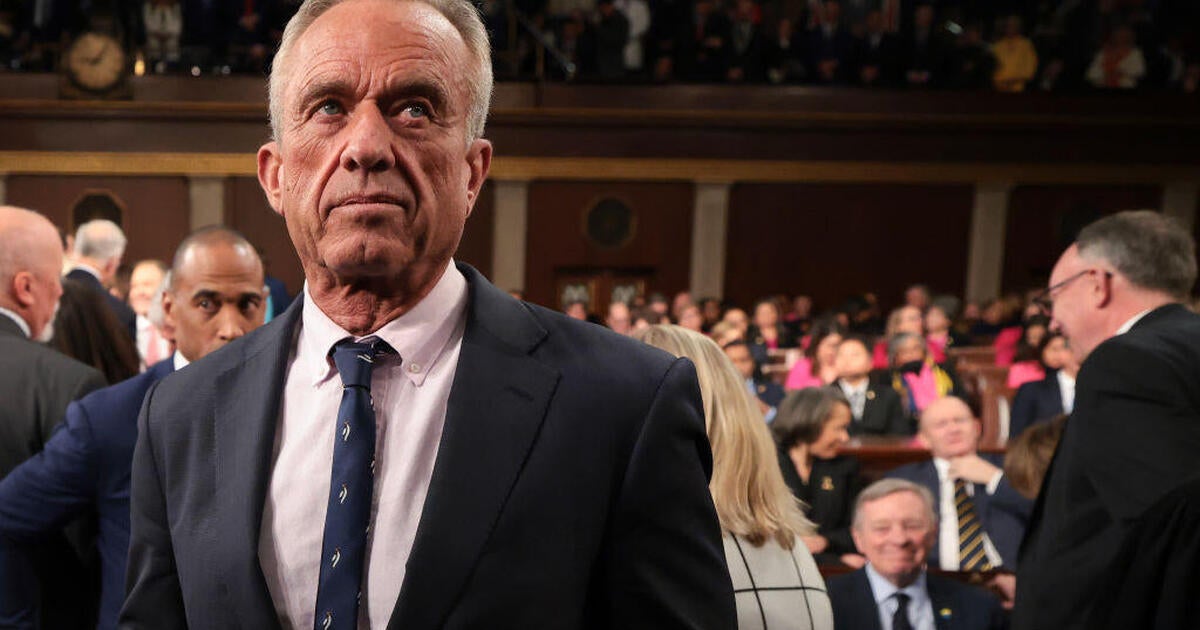In a surprising move, the United States Department of Health and Human Services (HHS) presented its employees with an option to voluntarily resign their positions in exchange for a separation incentive payment of $25,000. The offer, which was communicated to the workforce through a department-wide email, was confirmed by a source familiar with the affairs of the department, who shared the information with CBS News.
According to the source, the email, which was circulated on Friday, outlined the terms of the “voluntary separation incentive payment.” The employees of the HHS have been given until March 14 to decide on the offer and communicate their decision to the management.
This sudden development is understood to be part of the Trump administration’s ongoing efforts to drastically reduce the size of the federal workforce. The administration has been implementing measures to shrink the government’s budget through a series of mass layoffs and financial cuts. The process is being primarily spearheaded by the Department of Government Efficiency (DOGE), a White House department under the leadership of billionaire Elon Musk.
The proposal to voluntarily resign from the HHS is not the first of its kind to be presented to federal employees. Last week, a similar buyout ranging from $15,000 to $25,000 was offered to employees in the Social Security Administration.
The HHS, one of the most extensive departments in the federal government, boasts of over 80,000 employees. It is responsible for overseeing several significant health agencies, such as the Food and Drug Administration, the U.S. Centers for Disease Control and Prevention, the National Institutes of Health, and the Centers for Medicare & Medicaid Services.
In February, federal agencies announced a staggering number of job cuts – over 62,200. This surge pushed U.S. layoffs to their highest mark since July 2020, indicating the administration’s aggressive approach towards downsizing the federal workforce.
The HHS, in particular, has been in the news for its workforce reduction measures. Last month, thousands of probationary workers across the department were informed that they would be relieved of their duties. Probationary workers are typically those who have been on the job for less than a year.
However, the impact of these layoffs and buyouts on the functioning and efficiency of the HHS remains unclear. The department is currently facing numerous challenges under its new chief, Robert F. Kennedy Jr. These include addressing the bird flu outbreak, which has led to a sharp increase in the price of eggs, and a measles outbreak that has already claimed at least two lives.
Following President Trump’s inauguration in January, the administration offered deferred resignations to over two million civilian federal workers. The terms of this offer were such that the employees would continue to receive their salaries through September without being required to show up for work. About 75,000 workers accepted this offer, which has since been challenged in court.
The HHS is just one of many federal departments experiencing workforce reduction under the Trump administration’s policy to shrink the government’s size and budget. However, it remains to be seen how these measures will impact the department’s ability to oversee and manage the country’s health agencies effectively.
The administration’s policies have been met with criticism from various quarters, with detractors arguing that workforce reduction on such a large scale could negatively impact the government’s ability to function effectively. However, the administration maintains that these measures are necessary to streamline operations and reduce government expenditure.
The ongoing workforce reduction measures, combined with the challenges faced by the HHS, paint a picture of a department in transition. As employees weigh the pros and cons of accepting the voluntary resignation offer, the HHS and its leadership will need to find ways to continue providing vital health services to the American public.
Looking ahead, the HHS, under the leadership of Robert F. Kennedy Jr., faces the daunting task of managing these workforce changes while also tackling the significant health challenges currently facing the United States. It’s a delicate balancing act that will require careful planning and execution to ensure that the department’s responsibilities are fulfilled despite the reduction in its workforce.
As the deadline for the voluntary resignation offer approaches, it will be interesting to see how many employees choose to accept the buyout. The decisions made by HHS employees in the coming weeks will undoubtedly have a significant impact on the department and its ability to carry out its important work.
The story of the HHS’s workforce reduction measures is a testament to the broader changes happening within the federal government under the Trump administration. As the administration continues to push for smaller government and reduced public expenditure, federal departments like the HHS will need to adapt and evolve.









